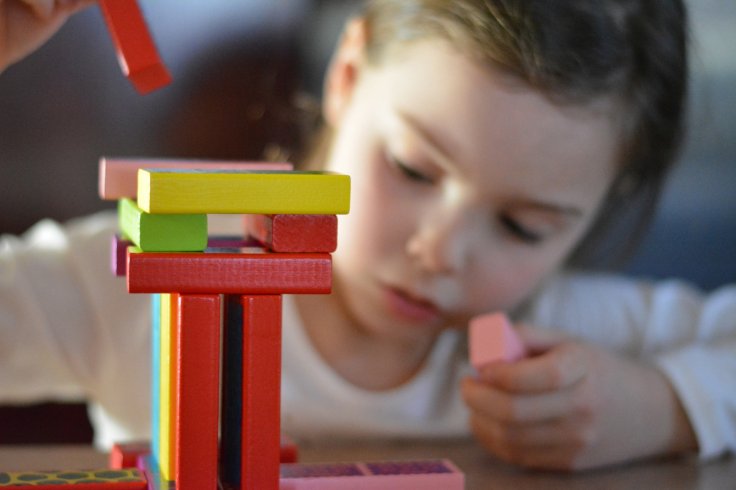Children with little fear and desire for social interaction and having little copycat behavior called arbitrary imitation are more likely to develop callous unemotional traits which is likely to lead to anti-social behavior at later stages.
According to a study published in the Journal of Child Psychology and Psychiatry, there is a link between anti-social behavior or aggressive behavior and CU traits. It is characterized by lack of empathy, guilt and reduced sensitivity to others' emotions.
This translates to a child who is "less compassionate, doesn't care about breaking the rules, doesn't change a behavior when they're told, 'If you do X, this bad thing will happen'," said study researcher Rebecca Waller from University of Pennsylvania in the US.

"They're also more likely to be aggressive to get what they want because they don't fear the consequences," Waller added.
For the findings, the researchers used data from the Boston University Twin Project.
During two two-hour lab visits, at age 3 and again at age 5, children played out several scenarios, like offering a parent 'candy' from a canister that actually contained a stuffed snake, popping bubbles, or separating different-colored beads into piles.
Analysis of the children's behaviors showed that less fearful children who cared less about social connections at the first visit were more likely to develop callous-unemotional traits by the second.
"Fearlessness on its own is not the only ingredient, these children also don't feel, to the same degree, that inherent motivation and reward from having positive social bonding with others," said Waller.
The researchers also found that harsh parenting -- which includes tactics like yelling and spanking -- intensified the fearlessness and strengthened the link with later CU traits.
According to the researchers, the study conducted with a different set of two- and three-year-old BU Twin Study participants, compared instrumental and arbitrary imitation.
"Arbitrary imitation is intended to build bonds, to show another person that you're in their group, that you accept their ways, that you can and will do what they're doing," said study researcher Nicholas Wagner from Boston University in the US.
For this work, the team built a pair of experiments. In the first, children had to free a stuffed bird from a hard-to-open cage.
In the second task, children had to use a stick to liberate a cracker stuck in the middle of a clear tube. Again, an adult modeled the steps, mixing essential and arbitrary directions.
In both cases, researchers watched and coded which behaviors the children repeated and which they ignored.
They found that the two-year-old children who engaged in less arbitrary imitation overall -- in other words, those who ignored more of the unneeded actions -- were at greater risk for developing CU traits later.
"This says to us that these children are less motivated to make connections with other kids or adults. The same was not true for instrumental imitation," Wagner said.









